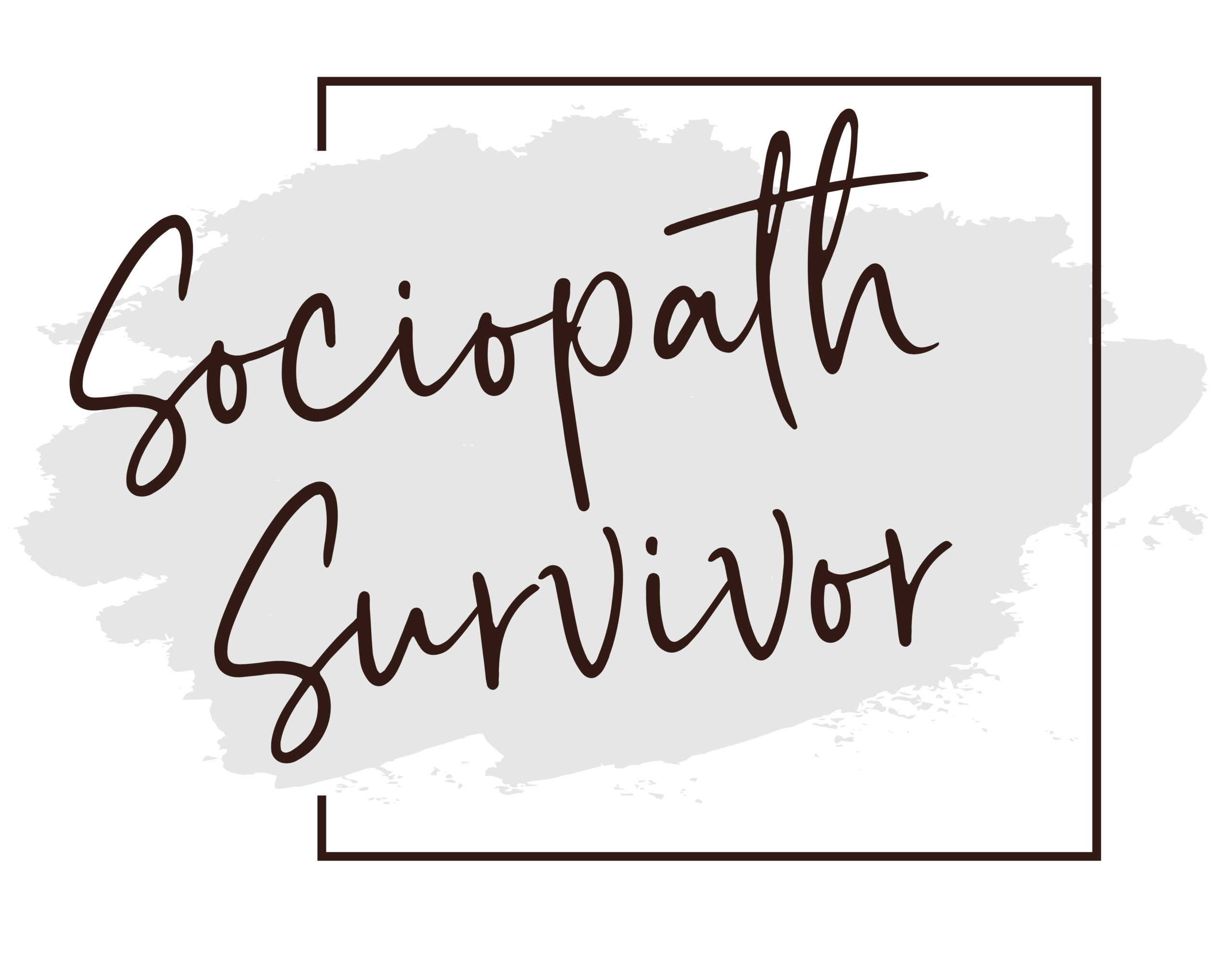Have you ever experienced deep emotional pain from being betrayed by someone close to you?
Have you felt a sense of hopelessness, isolation, and confusion when dealing with the aftermath of trauma caused by sociopathic abuse? If so, then this story is for you.
This article will provide an inspiring journey of hope and healing that can help guide you on your path to recovery.
I have overcome betrayal trauma and sociopathic abuse through self-reflection, counseling, support groups, and self-reflection and self-care.
You no longer have to feel alone or powerless - there is light at the end of the tunnel!

Definition Of Betrayal Trauma
Have you ever felt betrayed by someone you love? Betrayal trauma is the emotional pain and psychological trauma caused when an individual experiences a significant violation of trust.
It can be experienced through romantic relationships or close friendships, often leaving lasting scars that make it difficult to trust again.
Whether inflicted intentionally or not, betrayal trauma carries heavy consequences for its victims.
Betrayal trauma stems from being let down in a way that causes distress, either socially, economically, or emotionally. The resulting pain may manifest as depression, anger, fear, anxiety, confusion, shame, and guilt.
As with any form of psychological trauma, healing, and recovery are possible but require effort on the part of the victim to confront the emotions surrounding the betrayal head-on.
With support from loved ones or mental health professionals, along with time and patience, hope exists that those affected by betrayal trauma can find peace within themselves once more.
Transitioning into understanding sociopathic abuse requires identifying how such behavior manifests itself even without the intent to harm another person.
In my case, I experienced betrayal trauma from two people I considered the closest to me, my partner and my best friend. For years, they lied to me, gaslighted me, and hid an affair. I also was subjected to financial abuse and many other forms of betrayal.
It took years to not only recognize the abuse but to come to terms with my reality and face it. But as soon as we take the step, healing can begin.

What does betrayal trauma feel like?
I heard this description of betrayal trauma after listening to the Betrayal podcast.
It was from Kim Gould, MSW.
Here is one of the best descriptions of what betrayal trauma feels like, as described by Kim Gould, MSW, on the podcast:
"Betrayal trauma takes away everything you thought or knew to be accurate or safe in this world. You are like a baby trying to learn to walk, talk, and make sense of things in a nonsensical and dangerous world.
It feels like an elephant on your chest - physiological, emotional, cognitive, and mental hijacks the person going through it.
The nervous system is shot. There is no place to find safety which sends you into a hyper-vigilant state. The body and brain are sending you into fight-flight or freeze.
So many behaviors come from seeking safety, being a detective, checking emails or reading texts for hours, and being unable to sleep.
This would look like the woman is going crazy, and there are times when women have been misdiagnosed; there have been times women have been labeled with a personality disorder when they are just adapting to this earth-shattering event and without these symptoms before it.
Everything a betrayed partner is doing is safety-seeking behavior."
I related to this so much. At the time, I was trying to reconcile with my husband, who had a multiyear affair with my "best friend."
I found out later that he was still betraying me the entire time.
Even during our reconciliation, I could not understand what was wrong with me and why I was so hyper-vigilant. Well, it turns out I was still being gaslit and betrayed.
This description of betrayal trauma resonated with me then, and now it does even more.

Understanding Sociopathic Abuse
When dealing with the aftermath of sociopathic abuse, it can be challenging to understand how someone could have caused such harm.
To better grasp this type of abuse and its effects on victims, we must first understand what makes up a sociopathic abuser.
Sociopathic behavior is characterized by having little or no conscience and an ability to control other people through manipulation and lies.
People with these traits lack empathy and can charm their way into getting whatever they want. They will use any means possible to get what they need without regard for the consequences of their actions.
Narcissistic traits may also play a role in abusive relationships because narcissists feel entitled and superior to others.
Those affected by sociopathic abuse need to recognize that there is hope for recovery from post-trauma stress disorder (PTSD).
The healing process involves understanding the underlying issues that led to the trauma and finding ways to cope with guilt, shame, worthlessness, powerlessness, grief, anger, fear, sadness, and confusion.
With patience and dedication to self-care practices like therapy or meditation, individuals can find peace within themselves again after surviving such a traumatic experience.
Coping Strategies For Recovery
Focusing on hope and healing is crucial after understanding the devastating effects of sociopathic abuse. Many coping strategies can help victims of this type of trauma recover and move forward with their lives.
The first step in recovery is to build a strong support network around you. Finding people who understand your experience and have compassion for your journey is essential. Having a safe place where you feel accepted and supported will make all the difference in your ability to heal from hurtful experiences.
I cannot emphasize enough how important this is. Recovering from betrayal trauma would have been a lonely journey without my true friends and family helping me.
In addition to having a supportive team, self-care is vital for recovering from betrayal trauma. Taking time out for yourself by engaging in yoga, meditation, or journaling can effectively manage stress and promote emotional well-being.
Incorporating healthy habits like eating nutritious meals, exercising regularly, and getting enough sleep can also help alleviate symptoms of post-traumatic stress disorder (PTSD).
Forgiving yourself and those involved can relieve resentment and anger that may prevent you from moving forward.
Recovery takes hard work but is possible with knowledge of trauma healing techniques and a solid support system. With resilience at its core, embarking on the path toward hope and healing offers a real opportunity for growth, allowing individuals affected by sociopathic abuse to reclaim their power against all odds.
The Power Of Resilience
It's like a roller coaster ride where you don't know when the next turn is coming, but you keep going anyway. That's resilience: the ability to persevere and overcome even in the face of immense psychological trauma caused by betrayal or sociopathic abuse.
With resilience comes strength and hope – two essential elements for recovering from such an experience.
Resilience must be developed within yourself through self-reflection, learning how to cope with difficult emotions and situations, and understanding that no matter what happens, life still has value.
It also involves forgiving yourself. This process takes time and patience, but it is possible to come out on top after overcoming massive psychological trauma due to betrayal and sociopathic abuse.
The power of resilience lies in its ability to help us get up each morning despite feeling broken down inside; it gives us the courage to reach out for support when we feel alone and isolated; it helps us recognize our worth even if others try to devalue us; it teaches us not only how to survive, but thrive once again - no matter what type of traumatic experiences we've endured.
Resilience allows us to move forward while embracing all lessons learned so that we ultimately become stronger than before.
Conclusion
I understand that betrayal trauma and sociopathic abuse can be challenging experiences to move on from. Taking the time needed to heal, find strength, and become resilient is essential.
Understanding your experience with these issues makes it possible to work through them and gain insight into your story of hope and healing.
The power of resilience lies within each of us; we need to tap into it by recognizing our strengths and weaknesses.
We must also accept support from those around us who are ready and willing to help us during times of difficulty. Once we begin this journey toward recovery, we will start to see how far we have come and where we are going.
I am grateful for my story of overcoming betrayal trauma and sociopathic abuse. I now know that no matter what life throws at me or how hard things may seem, I have the courage and strength to keep moving forward while finding peace.

James Hughes
Tuesday 14th of November 2023
18 years later, I'm still an emotional wreck. Having no family or close friends doesn't help. The only thing that got me through this far, is the fact that I received custody of my children. They were a toddler and newborn at the time. Since she was a sociopathic narcissist and lost - the abuse, character assassination, and endless false calls to the police and child services did not end until both children reached age 18. I gained over a hundred pounds, and I am basically a shut-in. Not all people can recover and not all will.